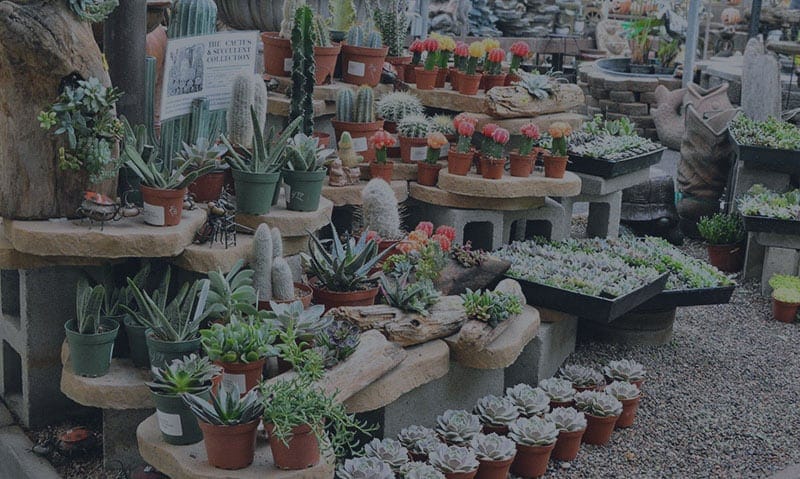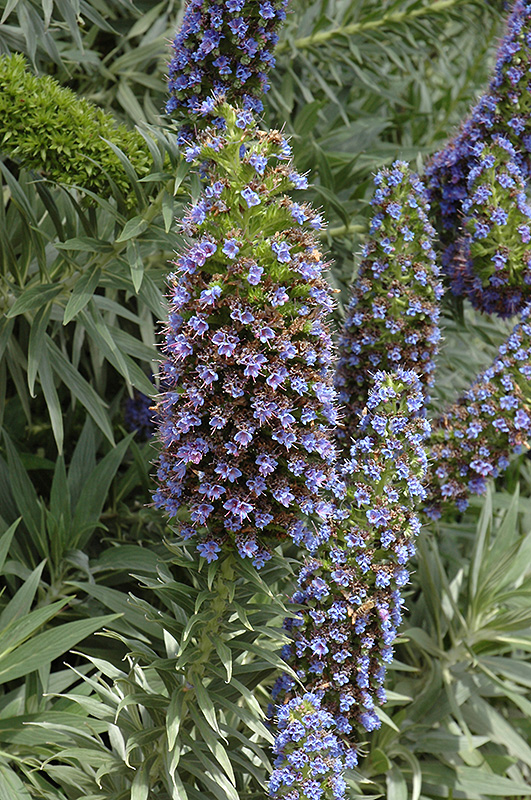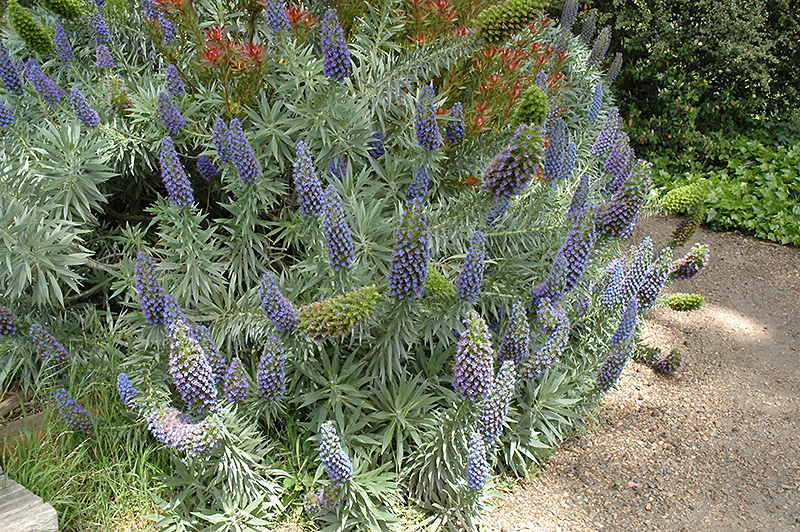Height: 6 feet
Spread: 8 feet
Sunlight:
![]()
Hardiness Zone: 8b
Description:
Fine textured, ferny, evergreen foliage compliments unusual but showy, pink pincushion flowers
Ornamental Features
Rose Cone Flower features showy fuchsia pincushion flowers at the ends of the branches from early to mid spring. The flowers are excellent for cutting. It has attractive grayish green evergreen foliage. The ferny leaves are highly ornamental and remain grayish green throughout the winter.
Landscape Attributes
Rose Cone Flower is a multi-stemmed evergreen shrub with an upright spreading habit of growth. It lends an extremely fine and delicate texture to the landscape composition which can make it a great accent feature on this basis alone.
This is a relatively low maintenance shrub, and should only be pruned after flowering to avoid removing any of the current season's flowers. Gardeners should be aware of the following characteristic(s) that may warrant special consideration;
- Disease
Rose Cone Flower is recommended for the following landscape applications;
- Mass Planting
- Hedges/Screening
- General Garden Use
- Container Planting
Planting & Growing
Rose Cone Flower will grow to be about 6 feet tall at maturity, with a spread of 8 feet. It tends to fill out right to the ground and therefore doesn't necessarily require facer plants in front, and is suitable for planting under power lines. It grows at a medium rate, and under ideal conditions can be expected to live for approximately 20 years.
This shrub should only be grown in full sunlight. It prefers dry to average moisture levels with very well-drained soil, and will often die in standing water. It is considered to be drought-tolerant, and thus makes an ideal choice for xeriscaping or the moisture-conserving landscape. It is not particular as to soil type or pH. It is somewhat tolerant of urban pollution. This species is not originally from North America.
Rose Cone Flower makes a fine choice for the outdoor landscape, but it is also well-suited for use in outdoor pots and containers. With its upright habit of growth, it is best suited for use as a 'thriller' in the 'spiller-thriller-filler' container combination; plant it near the center of the pot, surrounded by smaller plants and those that spill over the edges. It is even sizeable enough that it can be grown alone in a suitable container. Note that when grown in a container, it may not perform exactly as indicated on the tag - this is to be expected. Also note that when growing plants in outdoor containers and baskets, they may require more frequent waterings than they would in the yard or garden.



